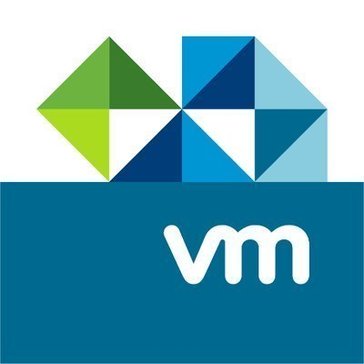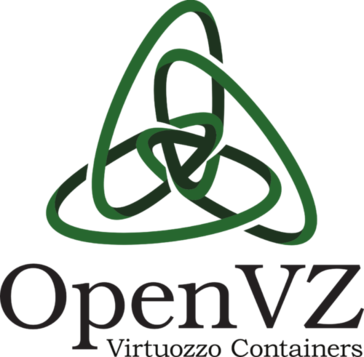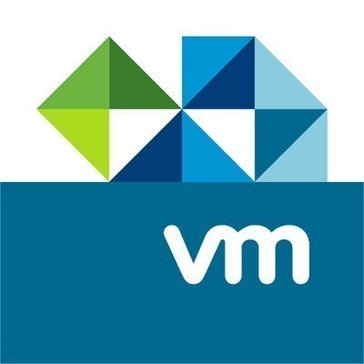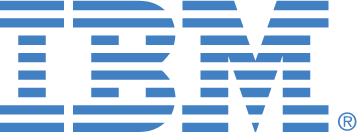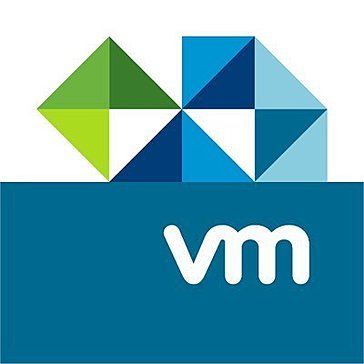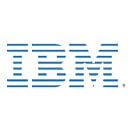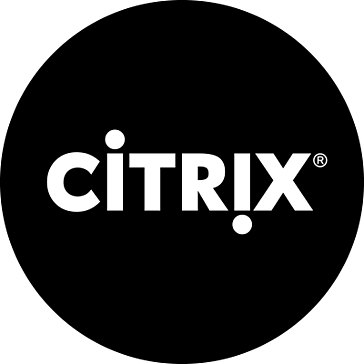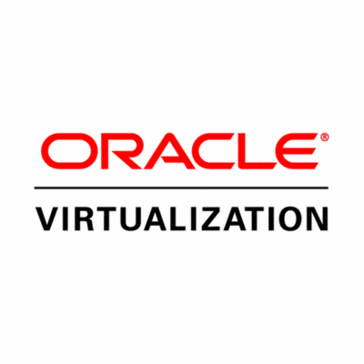
SUSE Linux Enterprise Server
SUSE Linux enterprise server is a type of modular operating system that helps you simplify your and modernize your IT infrastructure. It helps you quickly deploy and transit business-critical workload on-premise or on a public cloud environment. The system is designed for hybrid implementation and a multi-cloud environment.
Top SUSE Linux Enterprise Server Alternatives
vSphere Hypervisor
vSphere Hypervisor serves as an essential server virtualization solution, enabling organizations to optimize resource utilization and enhance operational efficiency.
Red Hat Virtualization
Red Hat Virtualization is a robust server virtualization software that seamlessly integrates traditional VM workloads into a modern, cloud-native platform.
KVM
KVM, or Kernel-based Virtual Machine, is a powerful virtualization solution for Linux on x86 hardware featuring Intel VT or AMD-V extensions.
Xen Project
The Xen Project is a collaborative open-source community dedicated to developing the Xen Project Hypervisor and its associated subprojects.
SQL Server on Virtual Machines
SQL Server on Virtual Machines allows businesses to seamlessly migrate their SQL Server workloads to the cloud.
OpenVZ
OpenVZ enables multiple secure and isolated Linux containers to operate on a single physical server, enhancing resource utilization and preventing application conflicts.
ESXi
By enabling efficient resource allocation, it significantly boosts workload performance while ensuring stringent security measures...
IBM Power VM
It enhances server utilization, reduces costs, and provides a secure infrastructure for mission-critical workloads...
IBM Cloud for VMware Solutions
This solution allows organizations to retain their existing VMware tools and skills, ensuring consistent access...
NICE
The platform feature a lot of tools and applications, including customer engagement analytics, handle time...
VMware Workstation
By enabling seamless local virtualization, it simplifies the process of building and managing multiple operating...
IBM i on Power Systems
With intuitive interfaces and policy-based automation, it enhances resource efficiency, reduces training needs, and enables...
Citrix Hypervisor
With the new Citrix subscriptions for Private Cloud and Hybrid Multi-Cloud, users can enjoy effortless...
Apache VCL
It enables access to a variety of resources, from simple virtual machines to robust clusters...
Oracle VM
It seamlessly supports diverse workloads, including Linux, Windows, and Oracle Solaris...
SUSE Linux Enterprise Server Review and Overview
This infrastructure improves system management. Streamlined operations while reducing their costs by modifying the hybrid silo structure of conventional setups. You can bridge it with traditional software-based systems or create entirely new ecosystems as per your convenience.
Simplify IT infrastructure
Using this system, you can effortlessly manage containers and adapt to new technological infrastructures from the interface. Transforming your IT infrastructure at your own pace is possible while configuring it for more modern systems, which enhances your market growth. The investment you've made in your present model can also be utilized so that you don't have to replace your current one.
Better systems with time
You can effectively modernize your current infrastructure to adopt new standards and technologies that are in the market while avoiding compromise with the stability of present systems. The efficiency of the present methods can be highly increased with the hybrid mixing of current technologies. This feat is achievable as the platform offers a modular structure that enables users to do this. You can easily migrate from a local to cloud-based architecture or even a multi-cloud system owing to the modular design it follows. The agnostic design strategy allows you to transition to any system with ease irrespective of the stack they use.
Innovate your system
You can ease the work of your DevOps team as the system is automatic in a variety of procedures, and it acts as a middleware for them. Since the architecture is open source, you can leverage new technologies as soon as they are available through the OpenSUSE package system. It can accommodate features such as RabbitMQ, Prometheus, and Maven to integrate new methods of communication and development quickly. Your teams can run their workloads from any place as it supports on-premises or on cloud systems as per your choice or infrastructure.
Top SUSE Linux Enterprise Server Features
- Open and reliable server
- EAL4+ certified security
- Proven resiliency capabilities
- btrfs filesystem support
- SUSE Multi-Linux Manager
- Content lifecycle management
- Transparent support services
- Confidential Computing enabled
- Trusted containerization solutions
- Long-term service pack support
- High availability extension
- Live patching capabilities
- Optimized for performance
- Streamlined compliance processes
- Enhanced workload efficiency
- Business continuity focus
- Cost savings potential
- Future-proof architecture
- Personalized service experience
- Compliance-ready base images
